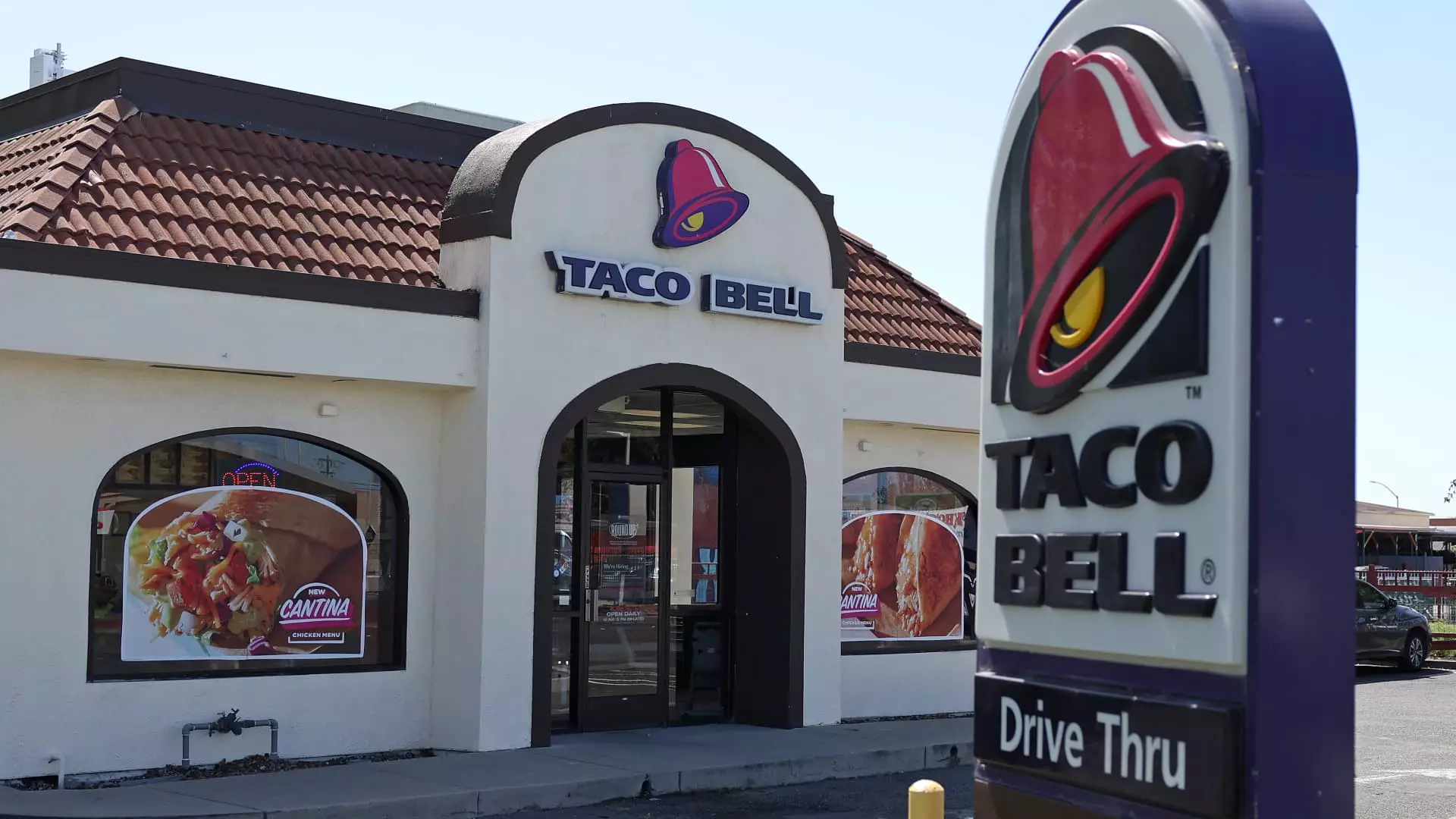Food Safety Protocols Under Scrutiny: The Impact of E. Coli Outbreak on Major Chains

In recent weeks, the fast-food industry has been shaken by an alarming E. coli outbreak linked to McDonald’s. As a proactive response, Yum Brands, the parent company of Taco Bell, KFC, and Pizza Hut, has opted to eliminate fresh onions from select locations, emphasizing their commitment to food safety. The decision comes amid growing concerns over public health, with a reported death and numerous illnesses traced back to the outbreak. In a statement, a representative for Yum Brands affirmed, “As we continue to monitor the recently reported E. coli outbreak, and out of an abundance of caution, we have proactively removed fresh onions from select Taco Bell, Pizza Hut and KFC restaurants.” This action raises important questions about the food safety measures in place across the fast-food sector and the responsibility of companies to protect consumer health.
The Ripple Effect on the Fast-Food Landscape
The issue at hand extends beyond Yum Brands. Burger King, another giant in the fast-food industry, has similarly taken measures to mitigate risks associated with the same outbreak. After scrutinizing its supply chain, Burger King confirmed that onions served in 5% of its U.S. locations originated from Taylor Farms, the supplier at the heart of the E. coli scare. Interestingly, the chain clarified that their onions are processed in-house, suggesting a higher standard of food preparation. Nonetheless, the company took the precautionary step of removing these onions from its restaurants, indicating a willingness to prioritize customer safety over immediate profits.
As health officials intensify their investigation into the outbreak, much attention has centered on the suppliers involved. The outbreak initially tied to McDonald’s Quarter Pounders has led to intensive scrutiny of the ingredients, particularly the sliced onions. Despite McDonald’s using multiple suppliers for their beef patties, the common link in this outbreak appears to be a single facility responsible for washing and slicing the onions. This discovery underlines a recurring theme in food safety crises: how vulnerabilities in the supply chain can cascade into public health emergencies. The Centers for Disease Control and Prevention (CDC) is actively involved in this investigation, having conducted interviews with affected consumers to trace their eating habits and identify links to the outbreak.
The situation presents a myriad of challenges for both the companies involved and the regulatory bodies overseeing food safety. The unpredictable nature of foodborne illnesses complicates the response efforts of public health agencies. In this case, while health authorities have reported 49 confirmed cases across ten states, the real number may be higher due to underreporting or misdiagnosis. Fast-food chains, having built their reputations on speed, convenience, and low-cost meals, now find themselves needing to reassess their procedures in the face of increasing scrutiny from health regulators and concerned consumers.
The Broader Implications for Consumer Trust
An E. coli outbreak of this magnitude can have lasting effects on consumer trust in the fast-food industry. Customers are often quick to associate illness with brands, leading to potential long-term impacts on sales and brand loyalty. Companies like Yum Brands and Burger King must navigate this precarious situation carefully to retain their customer base. Transparency in their responses and a commitment to stringent food safety practices will be essential in rebuilding that trust. Effective communication regarding the steps taken to address these concerns could mitigate consumer panic and reassure the public about their commitment to food quality.
This E. coli outbreak serves as a critical reminder of the vulnerabilities within the food supply chain and the importance of rigorous food safety protocols. As major fast-food corporations respond to threats like these, they must bolster their operational standards while maintaining transparency with consumers. The industry stands at a crossroads, where the implications of food safety cannot be overstated, and the potential for reputational damage looms large. Reshaping food safety practices to meet these challenges head-on is not only prudent—it’s a necessity for the future of fast food.





